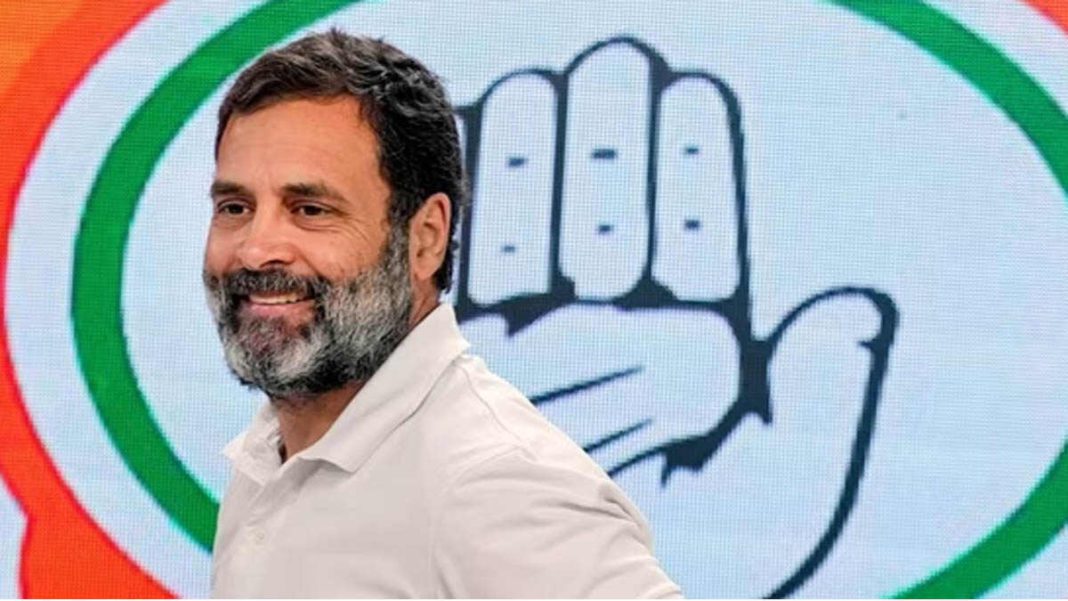INDIA. Mumbai: The Supreme Court on Friday stayed the conviction of Congress leader and former Member of Parliament (MP) Rahul Gandhi in a criminal defamation case related to his remarks “Why all thieves have Modi surname”.
With the stay on his conviction, Rahul Gandhi’s disqualification as an MP now remains in abeyance, and the Lok Sabha will have to revoke his disqualification to make him eligible to become an MP again.
Hearing Rahul Gandhi’s appeal against the Gujarat High Court’s denial of a stay of conviction, a three-judge panel made up of Justices BR Gavai, PS Narasimha, and Sanjay Kumar noted that the trial judge’s justifications for imposing the maximum sentence of two years “are without sufficient reasons and grounds.” Gandhi was also advised by the court to use extra caution when uttering the accused remarks.
The maximum term for a violation of Section 499 of the Indian Penal Code is two years in prison, a fine, or both. The learned trial judge gave the maximum punishment of two years in the judgment he rendered. It should be emphasized that the provisions of section 8(3) of the Representation of Peoples Act (ROPA) were only invoked as a result of the learned trial judge’s imposition of the maximum penalty of two years. If the sentence had been reduced by one day, the provisions would not have been triggered, according to the court.
The defamation case against Rahul Gandhi, brought by BJP leader Purnesh Ishvarbhai Modi, revolved around comments the Congress leader made in Karnataka state in 2019 during an election rally. Based on his complaint, on March 23, the Chief Judicial Magistrate, Surat, convicted and sentenced Gandhi to 2 years imprisonment, following which he was disqualified as a member of Lok Sabha. To enable him to file an appeal against his conviction within 30 days, his sentence was deferred, and he was given bail the same day.
Rahul Gandhi applied for a stay of conviction through the Surat Sessions Court on April 3; the request was denied on April 20. However, the court granted him bail till the disposal of his appeal. Following his conviction, Gandhi vacated his official bungalow at 12 Tughlak Lane in New Delhi on April 22.
On July 07, the Gujarat High Court refused to stay Gandhi’s conviction and said that he, in his speech, made a false statement to affect the poll results and further suggested Prime Minister Narendra Modi’s name, only to add sensation to it.
The court further stated that the case would also fall under the category of moral turpitude because Gandhi violated the moral code by using false facts to influence the election while serving as a member of parliament, holding a prominent position in society, and being bound by law not to scandalise anyone.
Also Read: Gujarat High Court Rejects Rahul Gandhi’s Appeal in Modi Defamation Case



